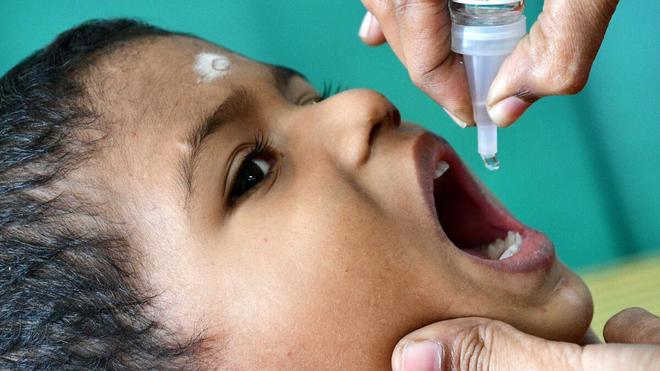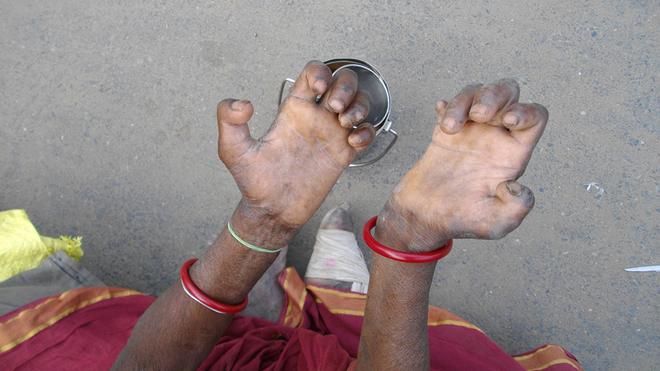How sugar restrictions in early life could reduce the risk of diabetes later on Premium
A recent study has found that restricting sugar in the first 1,000 days of life reduces the risk of type 2 diabetes and hypertension later in life.
They found that early-life rationing (of sugar) reduced type 2 diabetes and hypertension risk by about 35% and 20% and delayed disease onset by four and two years, respectively. Protection, the authors, said was evident with in utero exposure and increased with postnatal sugar restrictions, especially after six months, when eating of solid foods likely began. In utero sugar rationing alone accounted for about one-third of the risk reduction.
V. Mohan, chairman, Dr. Mohan’s Diabetes Specialities Centre in Chennai said the study followed up persons years later to see what their diabetes status was. “The study found that when sugar was restricted for the first 1,000 days of life, the incidence of diabetes dropped many years later,” he said. He added: “The indirect effect would be that if you do not get the child used to the taste of sugar, the child may not develop a craving for sugar later in life. Sugar intake in children is linked to many other conditions such as obesity, tooth decay and of course, diabetes later on in life.”
Dr. Mohan said that in general, it is a good habit to ensure children are not addicted to sugar in the first few years because this would probably have long-term impacts. “It is difficult to say that reduction in diabetes is entirely due to this but looking at epidemiological data, those three years when children were small, there was a marked reduction of diabetes later on,” he said.
S. Chandrasekar, professor and head, Department of Medicine, Government Stanley Medical College Hospital in Chennai, said, “The concept of foetal origins of disease was first put forward in the 1990s by David Barker. So, this concept is an already established fact. Sugar intake has been linked with metabolic changes and obesity in children, and when there is in-utero exposure, they are likely to get hypertension and diabetes in the future,” he said. “This study is based on old data and done retrospectively and whether it could be extrapolated to today’s situation when lifestyle, food habits, environment and factors such as physical activity and stress are different is a question,” he added.
“What we do know is that maternal nutrition plays an important role for foetal health, and maternal malnutrition can have an impact on the future risk of type 2 diabetes, obesity and cardiovascular diseases of the foetus. There is an association between low birth weight and risk of type 2 diabetes in the future, which is during adulthood,” said Nanditha, director and diabetologist, at A. Ramachandran’s Diabetes Hospitals in Chennai.
This publication, she said, shows that rationing of sugar during early foetal years can reduce the risk of diabetes in adulthood. “Low birth weight due to maternal malnutrition has the risk of diabetes in the future, while high sugar intake also comes with a risk. This shows that neither extreme is good for the foetus,” Dr. Nanditha said.
Published - December 20, 2024 03:24 pm IST














)
)
)









